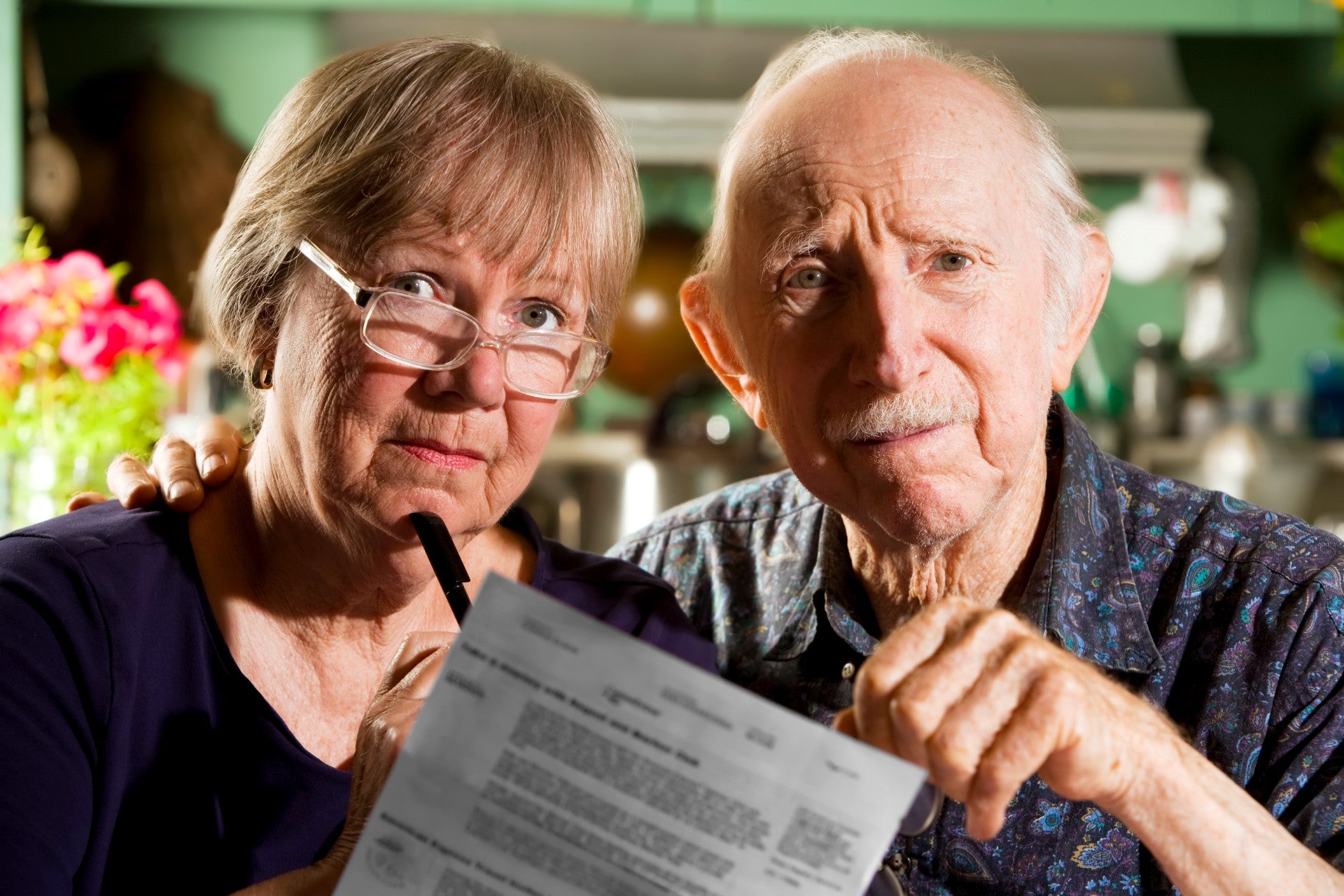Carolyn Hopkins was single, 65 years old, and in financial turmoil when she buried her father. She was only able to work part-time while she cared for him. Carolyn’s only asset was her recently-inherited home that was paid off but in desperate need of repair. She spent sleepless nights worrying about how she would pay for living expenses, let alone her $50,000 in debt.
Many senior citizens living alone find themselves in similarly stressful situations. A reverse mortgage may be a good option for many.
What Are Reverse Mortgages and How Can They Help?
Reverse mortgages allow seniors to tap into some of their home equity to provide a line of credit or cash, available in one lump sum or monthly payments. The exact amount is based on your interest rate, the value of your home, and life expectancy. Repayment on the loan is not necessary unless:
- You fail to meet your loan obligations
- The home is sold
- The last remaining borrower moves out of the house
A reverse mortgage is an ideal way for seniors to supplement their Social Security and retirement income, allowing them to pay off medical debt, stay in and renovate their homes, save for long-term care, and put cash in their pockets.
When a Reverse Mortgage Might Be Right for You
A reverse mortgage can make sense for many different circumstances. Here are a few examples of when a reverse mortgage is a good choice:
- If you plan to stay in your home a long time. A reverse mortgage makes the most sense if you plan to live in your current home for a long time. The longer you stay in your home, the longer you can take advantage of the benefits.
- If you have a lot of home equity. The more home equity you have, the more a reverse mortgage might make sense. The best candidates for reverse mortgages have either paid off their homes or have only a small balance remaining.
- If you are young(er) and healthy. The younger and healthier you are, the better deal a reverse mortgage becomes. Not only will you be able to take advantage of the money longer, but you are also more likely to get a larger loan.
- If your kids don’t want your house. A reverse mortgage must be repaid when you die or fail to meet obligations. If your heirs don’t plan on keeping your home, the loan can be repaid by selling the house.
When a Reverse Mortgage Is Not the Best Option
Reverse mortgages aren’t right for everyone. Here are some examples of situations when a reverse mortgage might not be suitable for you:
- If you are under the age of 62. The Federal Housing Administration requires all borrowers on the title of a reverse mortgage to be 62 years or older.
- If you can’t pay off your mortgage. If you haven’t paid off an existing mortgage and it can be paid off with the proceeds from a reverse mortgage loan, then this type of loan probably doesn’t make sense for you.
- If you can’t cover the cost of owning the home. A reverse mortgage is not a good option if you can’t maintain costs associated with the home, like regular monthly expenses, property taxes, and hazard insurance.
A Warning on Reverse Mortgage Lenders
Some lending companies offer reverse mortgages in packages with other financial products like life insurance or mortgage insurance. Be wary of these combinations. If you consider one, make sure you read all of the fine print.
For many retirees, reverse mortgages are an attractive remedy for those in financial distress. If a reverse mortgage isn’t the best financial decision for you, there are other options available. Talk to a financial advisor about what is right for you in your specific situation.
This article is intended for general informational and educational purposes only, and should not be construed as financial or tax advice. For more information about whether a reverse mortgage may be right for you, you should consult an independent financial advisor. For tax advice, please consult a tax professional.















I WANT TO KEEP UP TO DATE ON RETIREMENT TRENDS
Follow Us.